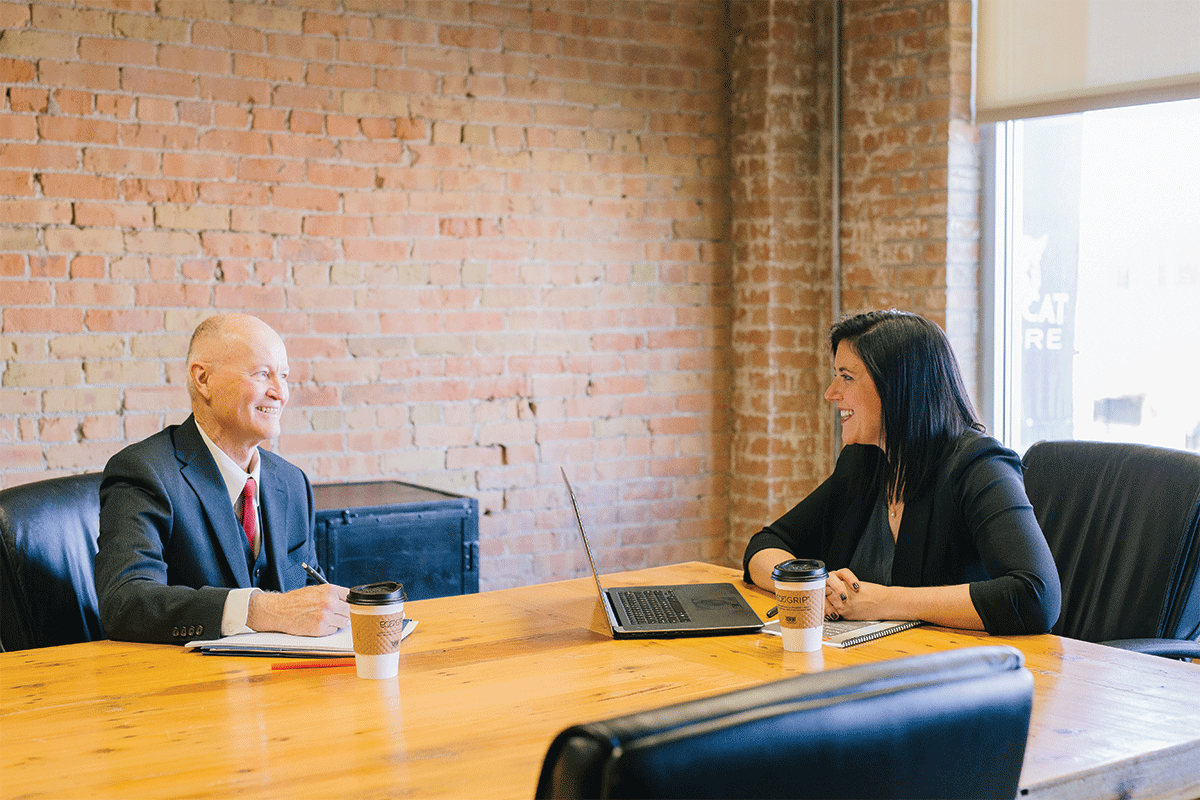

One involves saying ‘I don’t know’ or sharing your own feelings of discomfort. “There are a couple of ways to approach this. Wedell-Wedellsborg thinks the top brass should set the tone by being open. This means that your employees need more warmth and comfort than they might have prior to the pandemic.īut you can’t soothe your team with spreadsheets and plans that takes listening and daring to stay in the hardest moments–daring to talk about doubt and discomfort-instead of skipping ahead to the next item on the agenda.” “Leaders need to be serious about mental wellbeing and intervene sooner rather than later. Wedell-Wedellsborg encourages C-level managers to be honest with the rank and file about challenges they’re facing and potential bumps in the road. When companies ignore the elephant in the room (like a global pandemic), productivity suffers across the board. No one wants to have difficult conversations at work, but avoiding them just prolongs the damage. So in other words, everyone is feeling weird and burned out. The essential task is to identify your biggest challenges over the next year and then tap the psychological stamina you and your team need to get there.” “Cultivating resilience requires some emotional rewiring and calls for a different kind of appeal to team members and colleagues. In contrast to the skin-deep reactions of the first wave, the second wave requires perseverance, endurance, and even defiance against the randomness, gloom, and burden of the pandemic.

People report feeling bored, disconnected and unnerved. Stamina is required because, frankly, the second wave is not exciting at all. Psychological stamina rests on more deep-seated emotional patterns shaped by our individual needs, histories, and experiences. “Personal resilience in the second wave is a different story because it relies on psychological stamina. Wedell-Wedellsborg points out that we need to remember that the pandemic is a marathon, not a sprint: Whether we’re at home on Zoom all day or cycling between the office and a job site, our workday is happening against an every day is the same, Groundhog Day backdrop of boredom on one hand and the desperate hope for a change in the pattern on the other. “It goes by different names: ‘pandemic fatigue,’ ‘mental fog,’ ‘work/life blur,’ ‘extended vacuum,’ and an ‘endless wait,’ just to mention a few phrases I have heard leaders use.” When she talked to leaders across a broad sampling of industries, Wedell-Wedellsborg found that people were universally stressed out at work in the second half of 2020. When Emotions Run High at Work, It’s Everyone’s Problem Stress incidents were on the rise, people’s emotional reactions were becoming more polarized, and there were more team defections.” “As we dug through the layers of the organization, it turned out that the feeling was widespread among other leaders and managers. Merete Wedell-Wedellsborg shares how pervasive the disorientation has been in the Harvard Business Review: Here are actionable tips leaders can use to make difficult conversations at work less awkward and get to the heart of what’s getting in the way of great work.īusiness economist and clinical psychologist Dr. The way this process plays out won’t be the same for every organization, or even every member of the same team within an organization.

In order to have an effective remote-first workforce, company leaders, managers, and employees need to find a way to be transparent about challenges to their productivity. The shift to remote work for many knowledge workers may not have been planned-and for many of us, has accelerated feelings of burnout-but it has forced us to confront the myth that “real” work only happens in an office. Blueground’s furnished apartments in key cities worldwide have doubled as offices for quite a few of our guests in 20, and new guests are embracing a “work from anywhere” ethos.

Honesty is the best policy, at least according to workplace experts and psychologists. As more and more organizations are shifting away from the traditional five-day workweek it’s more important than ever to have difficult conversations at work.


 0 kommentar(er)
0 kommentar(er)
